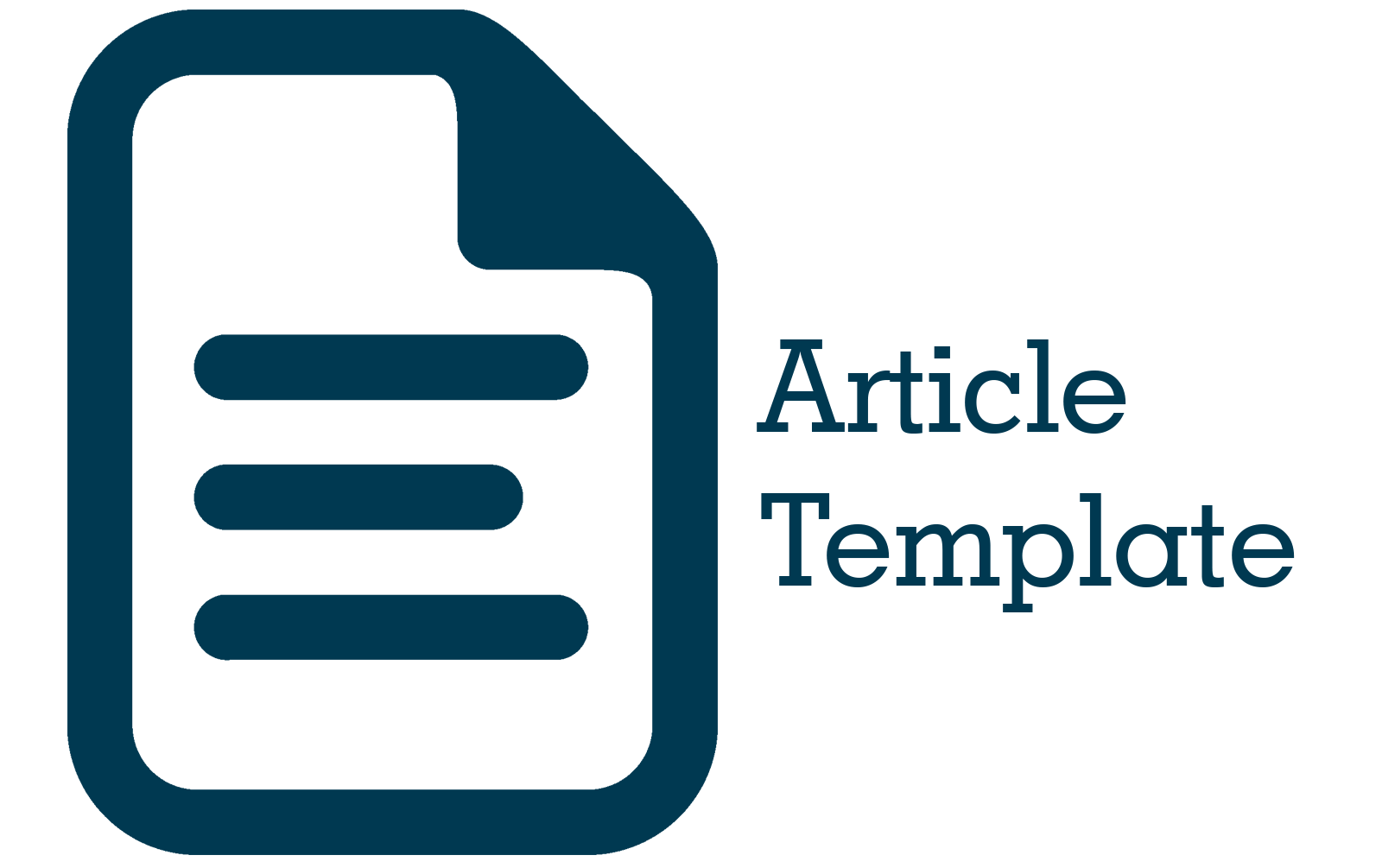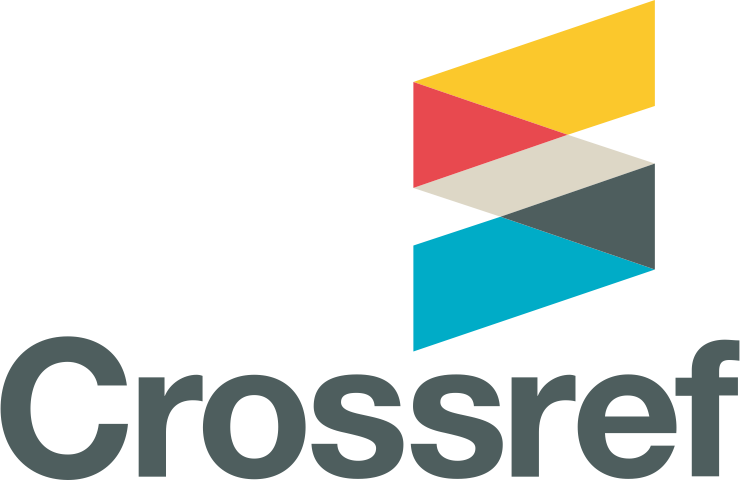Gerga Orange Quality Using Naïve Bayes Based on Feature Extraction
DOI:
https://doi.org/10.33633/jais.v8i1.7335Abstract
In an effort to increase the number of sales, the process of classifying the type of Gerga citrus fruit is very necessary. The problem that often occurs is the mixing of various types of fruit from the storage warehouse so that the quality of the fruit will be mixed and it will be difficult to determine the selling price because the quality of the fruit itself is not evenly distributed so that a sorting process is needed. There are still many sellers or growers of citrus fruits who sort the quality of the fruit manually so that it can take a very long time. Given these problems, it is necessary to classify the quality of Gerga oranges automatically with the Naïve Bayes Classifier algorithm with GLCM feature extraction and HSV color characteristics. as a method for classifying the quality of Gerga citrus fruit and as for the media used, there is digital image media. From the experiments that have been carried out the use of angles in the formation of co-occurrence matrices with the best accuracy values reaching 80% are found at angles of 0°, 45°, and 135°, while the lowest accuracy values are found at angles of 90°. It was concluded that the Gerga citrus fruit quality classification system using the Naïve Bayes method was categorized as good with an AUC value of 0.8.References
E. K. Ratnasari and A. Wikaningrum, “Pengenalan Jenis Buah pada Citra Menggunakan Pendekatan Klasifikasi Berdasarkan Fitur Warna Lab dan Tekstur Co- Occurrence,” J. Inf., vol. 1, no. 2, pp. 88–97, 2016.
P. B. Padol and A. A. Yadav, “SVM classifier based grape leaf disease detection,” Conf. Adv. Signal Process. CASP 2016, pp. 175–179, 2016.
H. Cecotti, A. Rivera, M. Farhadloo, and M. A. Pedroza, “Grape detection with convolutional neural networks,” Expert Syst. Appl., vol. 159, p. 113588, 2020.
Y. Ji, Q. Zhao, S. Bi, and T. Shen, “Apple Grading Method Based on Features of Color and Defect,” in Chinese Control Conference, 2018, pp. 5364–5368.
D. Nursantika and F. R. Umbara, “PENGENALAN CITRA BUAH MANGGIS MENGGUNAKAN METODE JARINGAN SYARAF TIRUAN BACKPROPAGATION,” in Seminar Nasional Telekomunikasi dan Informatika, 2016, no. Selisik, pp. 182–184.
S. Musacchi and S. Serra, “Apple fruit quality: Overview on pre-harvest factors,” Sci. Hortic. (Amsterdam)., vol. 234, no. December, pp. 409–430, 2018.
K. Komal and Sonia, “GLCM Algorithm and SVM Classification Method for Orange Fruit Quality Assessment,” Int. J. Eng. Res. Technol., vol. 8, no. 09, pp. 697–703, 2019.
I. U. W. Mulyono et al., “Parijoto Fruits Classification using K-Nearest Neighbor Based on Gray Level Co-Occurrence Matrix Texture Extraction,” J. Phys. Conf. Ser., vol. 1501, no. 1, 2020.
T. Y. Prahudaya and A. Harjoko, “Metode Klasifikasi Mutu Jambu Biji Menggunakan Knn Berdasarkan Fitur Warna Dan Tekstur,” J. Teknosains, vol. 6, no. 2, p. 113, 2017.
P. Rianto and A. Harjoko, “Penentuan Kematangan Buah Salak Pondoh Di Pohon Berbasis Pengolahan Citra Digital,” IJCCS (Indonesian J. Comput. Cybern. Syst., vol. 11, no. 2, p. 143, 2017.
S. F. Kusuma, R. E. Pawening, and R. Dijaya, “Otomatisasi Klasifikasi Kematangan Buah Mengkudu Berdasarkan Warna Dan Tekstur,” Regist. J. Ilm. Teknol. Sist. Inf., vol. 3, no. 1, pp. 17–23, 2017.
S. Y. R. Riska and P. Subekti, “Klasifikasi Level Kematangan Buah Tomat Berdasarkan Fitur Warna Menggunakan Multi-Svm,” J. Ilm. Inform., vol. 1, no. 1, 2016.
A. Ciputra, D. Rosal, I. M. Setiadi, E. H. Rachmawanto, and A. Susanto, “KLASIFIKASI TINGKAT KEMATANGAN BUAH APEL MANALAGI DENGAN ALGORITMA NAIVE BAYES DAN EKSTRAKSI FITUR CITRA DIGITAL,” J. SIMETRIS, vol. 9, no. 1, 2018.
O. R. Indriani, E. J. Kusuma, C. A. Sari, E. H. Rachmawanto, and D. R. I. M. Setiadi, “Tomatoes classification using K-NN based on GLCM and HSV color space,” in 2017 International Conference on Innovative and Creative Information Technology (ICITech), 2017, pp. 1–6.
P. N. Andono, E. H. Rachmawanto, N. S. Herman, and K. Kondo, “Orchid types classification using supervised learning algorithm based on feature and color extraction,” Bull. Electr. Eng. Informatics, vol. 10, no. 5, pp. 2530–2538, Oct. 2021.
A. Nosseir and S. E. A. Ahmed, “Automatic Classification for Fruits’ Types and Identification of Rotten Ones Using k-NN and SVM,” Int. J. Online Biomed. Eng., vol. 15, no. 03, p. 47, Feb. 2019.
F. Liantoni and H. Nugroho, “Klasifikasi Daun Herbal Menggunakan Metode Naïve Bayes Classifier Dan K- Nearest Neighbor,” Junral Simantec, vol. 5, no. 1, pp. 9–16, 2015.
N. Ani Brown Mary and D. Dharma, “A novel framework for real-time diseased coral reef image classification,” Multimed. Tools Appl., vol. 78, no. 9, pp. 11387–11425, May 2019.
G. Saleem, M. Akhtar, N. Ahmed, and W. S. Qureshi, “Automated analysis of visual leaf shape features for plant classification,” Comput. Electron. Agric., vol. 157, no. November 2018, pp. 270–280, 2019.
S. H. Wady, R. Z. Yousif, and H. R. Hasan, “A Novel Intelligent System for Brain Tumor Diagnosis Based on a Composite Neutrosophic-Slantlet Transform Domain for Statistical Texture Feature Extraction,” Biomed Res. Int., vol. 2020, pp. 1–21, Jul. 2020.
J. Amin, M. Sharif, M. Raza, T. Saba, and M. A. Anjum, “Brain tumor detection using statistical and machine learning method,” Comput. Methods Programs Biomed., vol. 177, pp. 69–79, Aug. 2019.
Downloads
Published
Issue
Section
License
- Authors retain copyright and grant the journal right of first publication with the work simultaneously licensed under a Creative Commons Attribution License that allows others to share the work with an acknowledgment of the work's authorship and initial publication in this journal.
- Authors are able to enter into separate, additional contractual arrangements for the non-exclusive distribution of the journal's published version of the work (e.g., post it to an institutional repository or publish it in a book), with an acknowledgment of its initial publication in this journal.
- Authors are permitted and encouraged to post their work online (e.g., in institutional repositories or on their website) prior to and during the submission process, as it can lead to productive exchanges, as well as earlier and greater citation of published work (See The Effect of Open Access).









